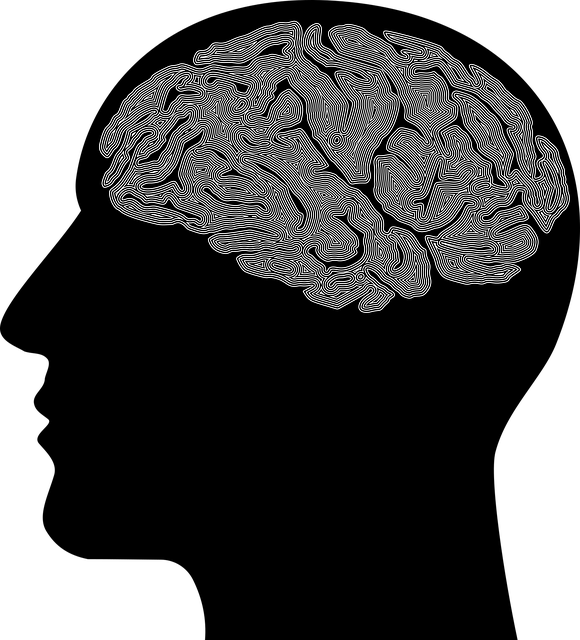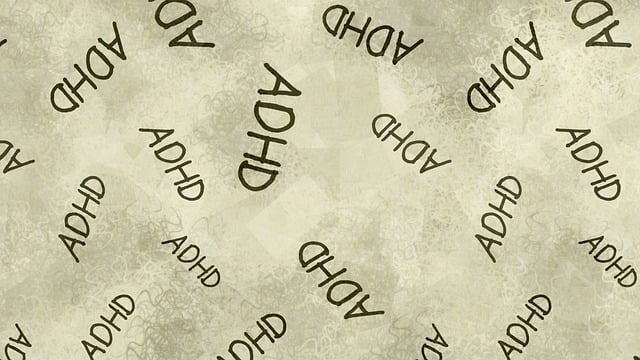Mental wellness programs, inspired by Westminster Cancer Issues Therapy (WCIT), utilize tailored interventions and evidence-based practices to boost resilience and well-being. These programs focus on stress management, emotional regulation, and coping skill development, offering long-lasting strategies for navigating life's challenges. Evaluating their effectiveness involves a blend of qualitative and quantitative methods, including surveys, interviews, and standardized assessments, to track symptom changes and overall mental health improvements. WCIT specifically leverages Key Performance Indicators (KPIs) and multi-faceted evaluation techniques to gauge success, ensuring data-driven adjustments for optimal mental wellness outcomes within the community.
Mental wellness programs have gained significant importance in modern society, aiming to support individuals’ emotional well-being. This article explores various evaluation methods to assess their effectiveness. We begin by understanding these programs and their impact on users. Next, we delve into different assessment techniques, highlighting the role of Key Performance Indicators (KPIs) in mental health initiatives. A case study of the Westminster Cancer Issues Therapy illustrates a comprehensive evaluation approach, showcasing how programs can be optimized through strategic analysis.
- Understanding Mental Wellness Programs and Their Impact
- Evaluation Methods for Effective Program Assessment
- Measuring Success: Key Performance Indicators (KPIs) in Mental Health Initiatives
- Case Study: Westminster Cancer Issues Therapy – A Comprehensive Evaluation Approach
Understanding Mental Wellness Programs and Their Impact

Mental wellness programs play a pivotal role in fostering resilience and enhancing overall well-being. These initiatives, often tailored to meet diverse individual needs, focus on various aspects such as stress management, emotional regulation, and coping skills development. By integrating evidence-based practices and therapeutic techniques, like those employed in Westminster Cancer Issues Therapy, these programs aim to equip individuals with effective tools to navigate life’s challenges.
The impact of mental wellness coaching programs extends beyond immediate relief from symptoms like anxiety. They empower participants with long-lasting coping strategies, enabling them to build resilience against future stressors. Through structured guidance and personalized support, these programs facilitate personal growth, improved mental flexibility, and an enhanced ability to adapt to life’s uncertainties. This holistic development contributes to better stress management, increased productivity, and overall improved quality of life.
Evaluation Methods for Effective Program Assessment

Evaluating mental wellness programs is a multifaceted process that requires a blend of qualitative and quantitative methods to gain an accurate understanding of their effectiveness. One key approach involves assessing participant outcomes, measuring changes in symptoms, and tracking improvements in overall mental health and well-being. This can be achieved through various tools such as surveys, interviews, and standardized assessment scales, which capture pre- and post-program data to highlight areas of growth or persistent challenges.
For instance, programs like Westminster Cancer Issues Therapy often incorporate resilience-building techniques and mind over matter principles, paired with conflict resolution techniques. Evaluating these programs demands a nuanced understanding of how participants internalize and apply such skills in their daily lives. By combining self-report measures with observer assessments and feedback from support staff, researchers can gain insights into the practical implementation and long-term impact of these interventions, ensuring program adjustments where needed for optimal mental wellness outcomes.
Measuring Success: Key Performance Indicators (KPIs) in Mental Health Initiatives

Measuring Success: Key Performance Indicators (KPIs) play a pivotal role in evaluating the effectiveness of mental wellness programs, especially when addressing pressing issues like those related to cancer therapy at organizations such as Westminster Cancer Issues Therapy. By setting clear and quantifiable KPIs, initiatives can track their progress and impact. These metrics could include reductions in anxiety and depression levels among participants through pre-post assessments, or increased attendance at stress management workshops organized by the organization over a set period.
KPIs also facilitate the comparison of different mental wellness programs and interventions. For instance, public awareness campaigns development can be measured by tracking website traffic, social media engagement, and survey responses to gauge the reach and impact of educational initiatives on mental health literacy within the community. This data-driven approach ensures that programs are not only well-received but also achieving their intended goals, ultimately fostering a healthier and more resilient population.
Case Study: Westminster Cancer Issues Therapy – A Comprehensive Evaluation Approach

Westminster Cancer Issues Therapy (WCIT) exemplifies a comprehensive evaluation approach to mental wellness programs. This innovative program goes beyond traditional metrics by integrating qualitative and quantitative data, patient feedback, and direct observation. By assessing not only symptoms but also participants’ lived experiences, WCIT offers a holistic view of its impact. The therapy’s evaluation strategy involves detailed pre- and post-program surveys, individual interviews, and focus groups to capture improvements in areas such as self-esteem improvement and conflict resolution techniques.
This multi-faceted evaluation method allows for a nuanced understanding of the program’s effectiveness. For instance, while statistical analysis reveals significant reductions in anxiety levels, qualitative data sheds light on participants’ newfound ability to navigate interpersonal challenges using communication strategies they learned during therapy. This dual focus ensures that the success of WCIT is not merely measured by numerical outcomes but also by the tangible improvements in mental wellness and daily functioning experienced by each individual participant.
Mental wellness programs, like the Westminster Cancer Issues Therapy, can significantly impact individuals’ lives. Evaluating these programs is crucial using robust methods such as Key Performance Indicators (KPIs) to measure success and identify areas for improvement. By learning from comprehensive case studies, we can enhance mental health initiatives, ensuring they effectively support those in need. This strategic approach, combining assessment techniques with a deep understanding of program impact, paves the way for more successful and impactful mental wellness interventions.













